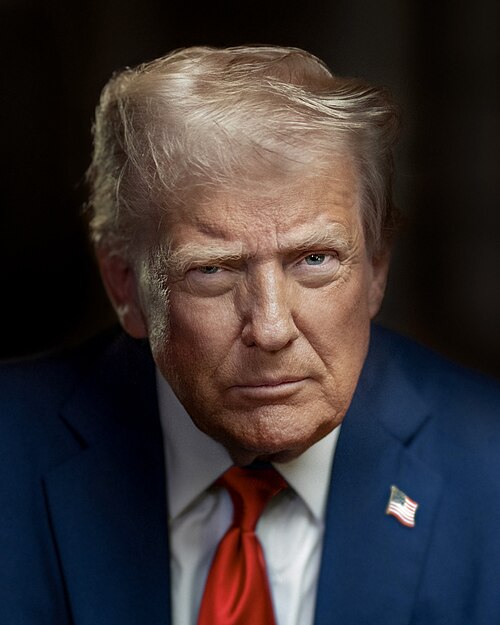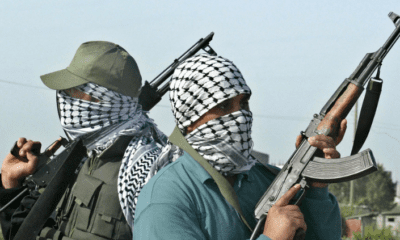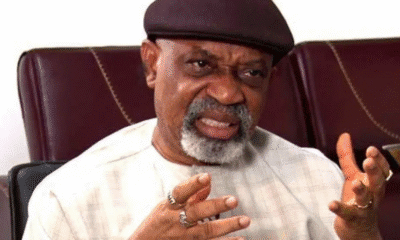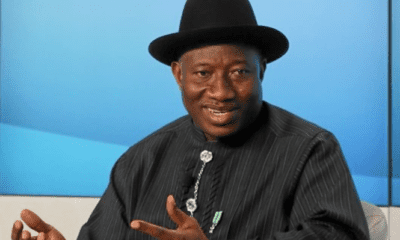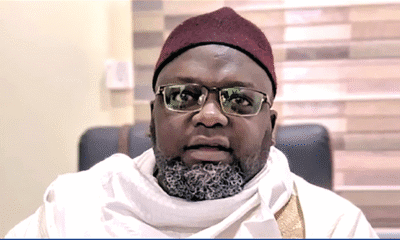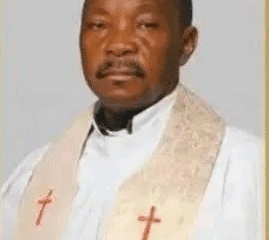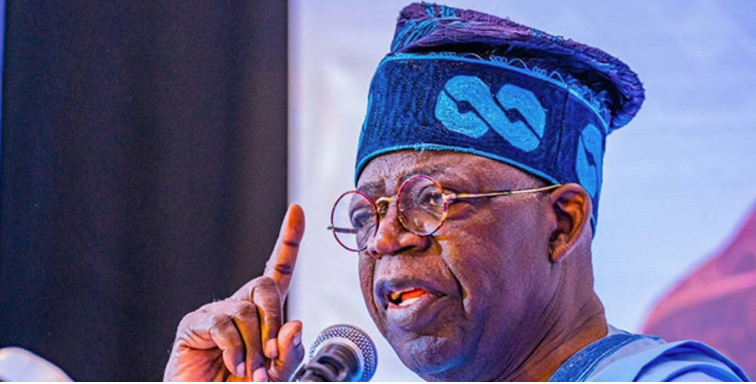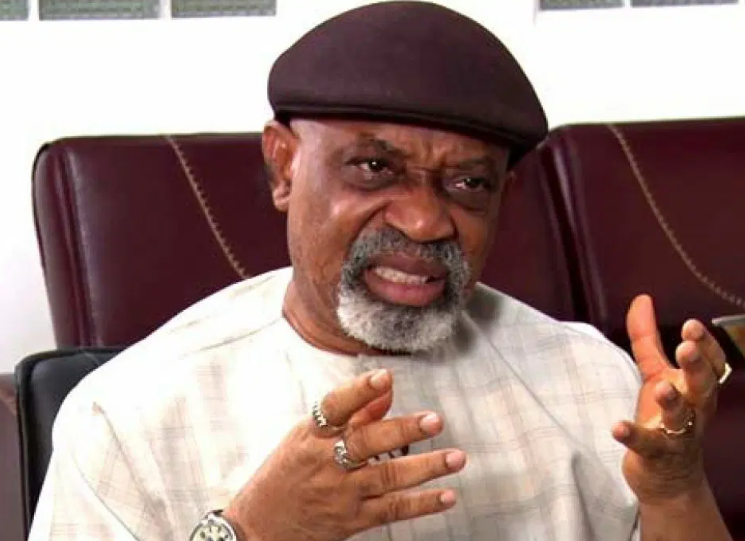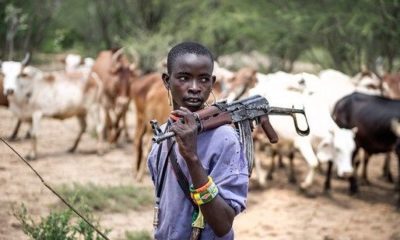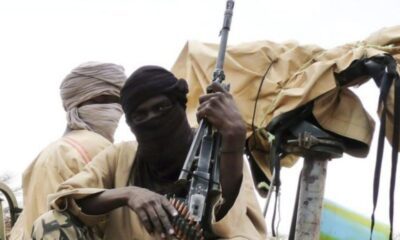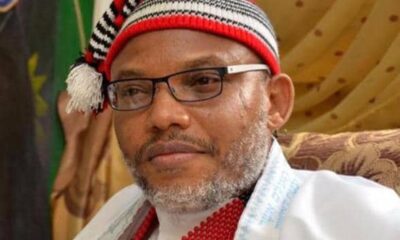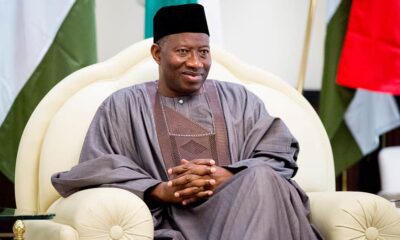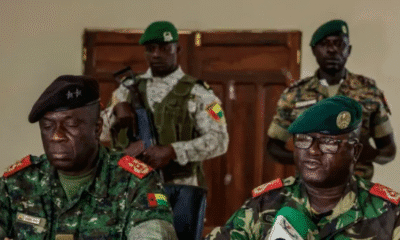The U.S. President Donald Trump has given further update on the threat of potential military intervention to halt killings of Christians in Nigeria.
This is against the Nigerian government’s moves to seek diplomatic means of resolving the issue.
Trump declared that the United States military could deploy troops to the West African nation — beyond earlier suggestions of air strikes — to halt what he described as the “mass killing of Christians” in Nigeria.
Speaking with reporters aboard Air Force One on Sunday evening as he returned to Washington after spending the weekend at his vacation home in Florida, Trump hinted that his administration was considering multiple military options that could include putting troops to fight the Islamists in Nigeria.
“Could be. I mean, other things. I envisage a lot of things,” Trump said when asked whether he was referring to ground troops or air strikes.
“They’re killing record numbers of Christians in Nigeria … They’re killing the Christians and killing them in very large numbers. We’re not going to allow that to happen.”
The latest remarks mark a significant escalation from Trump’s earlier warning, which had limited possible U.S. intervention to air strikes.
His fresh comments suggest a broader military consideration, intensifying diplomatic unease between Washington and Abuja.
Trump had, on Saturday, threatened to take direct military action against Nigeria if the country failed to stem what he described as the “slaughter of Christians,” a threat that did not point to placing troops on ground.
He accused Nigerian authorities of failing to protect religious minorities, describing the violence as “unacceptable to the United States.”
The renewed warning came barely 24 hours after the U.S. administration re-listed Nigeria among the “Countries of Particular Concern” — a State Department designation reserved for nations accused of severe violations of religious freedom.
Other countries currently on the list include China, Myanmar, North Korea, Russia, and Pakistan.
Trump’s intensifying rhetoric has drawn sharp attention from global human rights groups and faith-based organizations, many of whom view his stance as both a moral and political move aimed at energizing his evangelical support base at home.
Meanwhile, officials in Abuja have maintained that Nigeria remains committed to protecting citizens of all faiths, emphasizing that reports of religious persecution are exaggerated and do not reflect the nation’s diverse, multi-faith identity.
Trump’s latest statement, however, signals that the issue may further strain diplomatic relations and reignite debate over how far the United States can go in intervening in Nigeria’s internal affairs under the guise of defending religious freedom, a development that could be worsened with the threat of troops on ground.


